Emergency Planning and Medical Rights
It is important to plan for the unexpected, especially during this time. Use the following documents to thoroughly understand your medical rights and communicate your needs with medical professionals in case of an emergency.
“It is important for people with intellectual and developmental disabilities to know they have the right to the same medical care and treatment options as anyone else. This fact sheet outlines some important information people with I/DD need to know during the COVID-19 pandemic.”
- Office of Developmental Disabilities Services
Know Your Rights: Your Right to Medical Treatment
You have the right to manage your own healthcare decisions.
You have the right to good communication and information from your doctor.
You decide what kind of medical care you receive.
Know Your Rights: Your Right to Reasonable Accomodations
It is important to understand that you have the right to request reasonable accommodation in a medical facility. For example, you can bring a trained assistance animal or your own wheelchair if necessary.
Oregon Health Authority’s visitor guidance policy states that patients who need assistance with treatments or to ensure safety can have a guardian or caregiver with them at the hospital (as long as that person is not sick).
Essential Emergency Preparedness: Communication Tools
“Nothing is more essential than being able to communicate your needs in the midst of a crisis.” Independence Northwest has put together resources including a communication book and health passports to collect and personalize before visiting a doctor’s office, clinic or hospital. These documents will help you to clearly communicate your needs with medical staff.
The Hospital Communication Book
Version 2, Designed by The Clear Communication People LLC
The Hospital Communication Book provides information about why people may have difficulties understanding or communicating, useful tips to help improve communication, and pictures to help people communicate when they are in a healthcare setting. The goal of this book is to help ensure that everyone receives quality medical service.
EMS Communication Card: For Medical, Physical, and Emotional Information
An EMS Communication Card is useful if you require an ambulance or paramedic services. The card displays medical, physical and emotional information. If you are able to download the card to print it out or use it on a tablet device, this is a good tool to have with you in an emergency.
The communication card has pictures of common medical issues such as a headache, sore throat, or chest pain so you can explain to your health care professional why you feel sick or hurt. It also has pictures of necessities you might need to request, like water or medicine. This card is useful to have with you when you are at the hospital, doctor’s office or clinic.
DISABILITY RIGHTS
If you need help because you have not received proper medical care based on your disability, contact your PA or use the medical rights resources sheet from Oregon’s Office of Developmental Disability Services.
Disability Rights Oregon (DRO) would like to hear from you if you have been denied rights to medical treatment or reasonable accommodation. Use the contact information below to reach out to them if you need support.
Write a letter:
Disability Rights Oregon
511 SW 10th Avenue
Suite 200
Portland, Oregon 97205
Call DRO:
503-243-2081 or 1-800-452-1694
9:00 a.m. – 12:00 p.m. or 1:00 p.m. – 5:00 p.m.
Monday through Friday
Please contact your PA if you need assistance with creating your emergency plan or understanding your medical rights.





